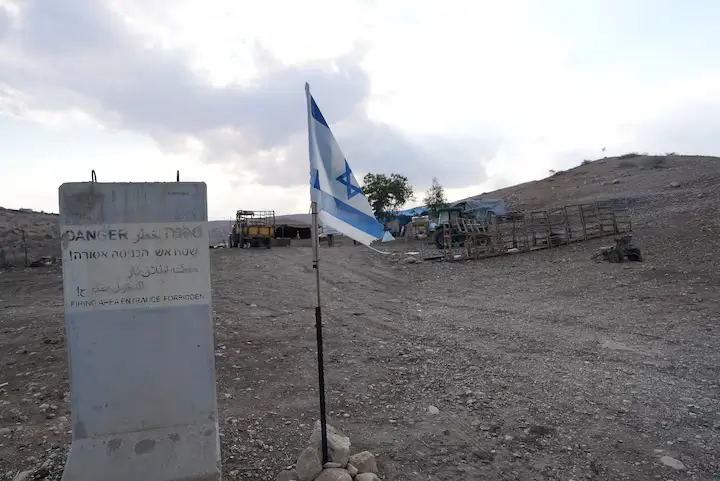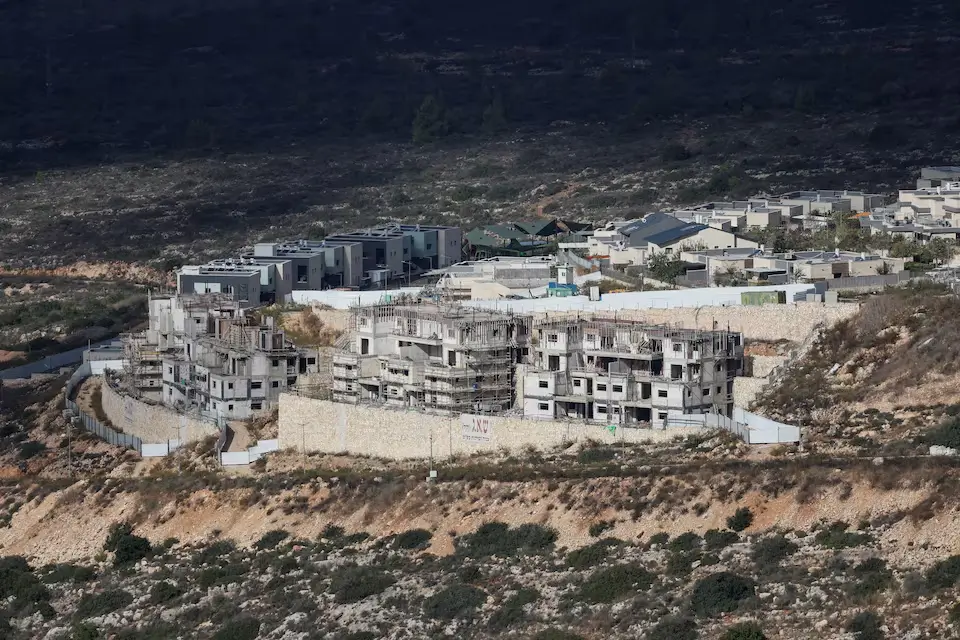Israeli settlement advocates are showing renewed optimism about gaining full control of the West Bank following Donald Trump’s victory, marking a potential shift in the region’s political landscape. The possibility of support from a U.S. administration sympathetic to settlement expansion has fueled bold aspirations among settlers and their political allies.
Settlement Expansion Reaches New Heights in West Bank Settlements
Recent developments highlight a dramatic surge in settlement activity, reshaping the terrain and political reality of the West Bank. Notable changes include:
- Record-breaking construction: 2023 saw the highest number of housing units built in settlements since records began.
- Land declarations: Nearly 6,000 acres were declared as Israeli state land, enabling further settlement growth.
- Rise in outposts: 43 new settler outposts were established this year, far surpassing the historical annual average of 7.
- Infrastructure boom: New roads and groundworks have accelerated connectivity between settlements, bolstering settler presence.
- Increased presence in Jordan Valley: Israeli flags and settler structures now dominate the region’s hilltops, signaling expanded control.

This rapid pace of change underscores the settlers’ strategy of creating “facts on the ground,” with the goal of solidifying Israeli presence across strategic areas of the West Bank.
Key Policy Shifts Bolster West Bank Settlements
The Israeli government under Prime Minister Benjamin Netanyahu’s coalition has implemented transformative policies to support settlement growth:
- Civilian oversight: Control of settlements has been shifted from military to civilian authorities, streamlining administrative processes.
- Settlement Administration: A dedicated administrative body under Finance Minister Bezalel Smotrich has been established to oversee expansion.
- Government backing for outposts: Illegal outposts previously considered rogue are now receiving state funding and recognition.
- Infrastructure prioritization: A systematic approach has been adopted to enhance settler communities, cementing their presence as irreversible.
These policy changes reflect the coalition’s commitment to advancing settlement agendas, despite mounting international opposition.

International Concerns Over West Bank Settlements
The expansion of West Bank settlements has drawn widespread criticism and poses significant diplomatic challenges. Key concerns include:
- Abraham Accords risk: Further settlement activity could hinder efforts to normalize relations with Saudi Arabia and other Arab nations.
- International opposition: Settlements remain condemned by the global community, including the U.S., EU, and UN.
- Sanctions against settlers: The U.S. and Europe have introduced sanctions targeting settler violence and unauthorized activities.
- Violation of international law: Settlements are widely viewed as illegal under the Geneva Conventions and UN resolutions.
These obstacles highlight the delicate balance between advancing settler aspirations and maintaining international relationships.
Palestinian Perspective on West Bank Settlements
For Palestinians, the expansion of West Bank settlements represents an existential threat to their future statehood. Key concerns include:
- Village isolation: Palestinian communities face increasing encirclement by expanding settlements and restricted movement.
- Unequal infrastructure access: While settler communities enjoy rapid development, Palestinians remain deprived of basic infrastructure.
- Loss of land: Unauthorized settler construction encroaches on Palestinian agricultural lands, exacerbating tensions.
- Impact on statehood aspirations: Settlement growth undermines the feasibility of a contiguous Palestinian state.
Palestinian leaders warn that the pace of settlement activity risks triggering further instability and deepening the conflict.
Looking Ahead: The Future of West Bank Settlements
While settler leaders express optimism about potential U.S. support under Trump, challenges remain. The situation unfolds against a complex backdrop:
- Ongoing Gaza conflict and regional instability.
- Diplomatic complications involving Saudi Arabia and the broader Arab world.
- Intensifying international pressure to halt settlement expansion.
- Legal and moral debates over Biblical claims versus international law.
The transformation of the West Bank landscape continues at an unprecedented rate, with both immediate and long-term implications for Israeli-Palestinian relations and regional stability. Settlers’ push for full control of West Bank settlements may redefine the region’s future, with global repercussions.

